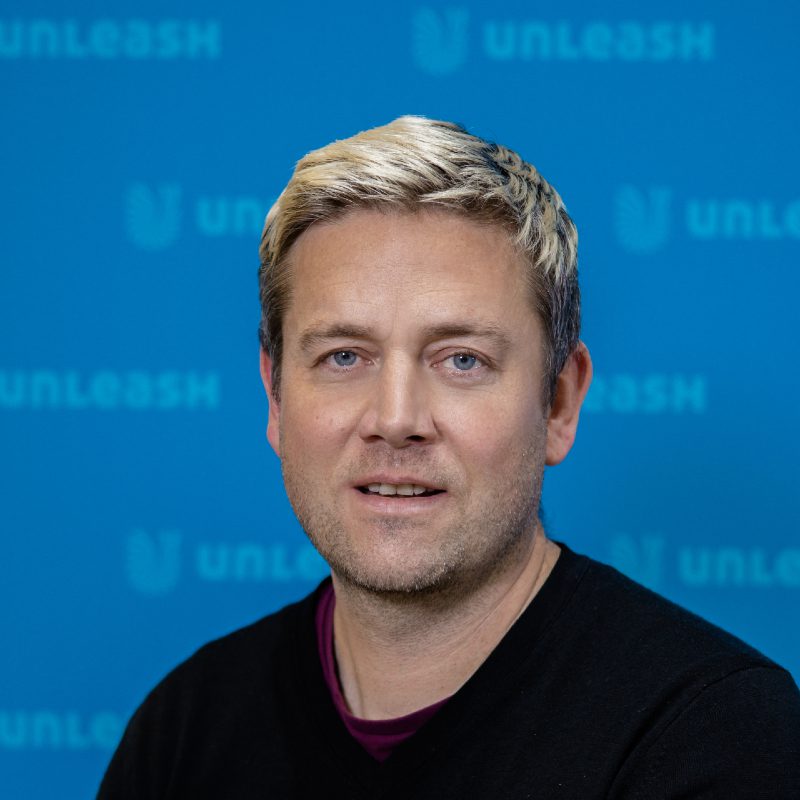UNLEASH America podcast: Staying ahead of future HR trends with SAP’s Dr. Lauren Park
Editor Jon Kennard talks to Dr. Lauren Park, research scientist for SAP SuccessFactors – our proud sponsors of the podcast booth at UNLEASH America this year.
Why You Should Care
They discuss the latest research and trends around AI, business impact, the four-day work week and more.
Tune in to our first published interview from last week's show in Las Vegas - another UNLEASH exclusive.
UNLEASH editor Jon Kennard interviews Dr. Lauren Park about the most recent SAP SuccessFactors research and what it might tell us about the people and tech trends coming our way over the next few months.
We join the conversation as Lauren gives UNLEASH America an insight into the cerebral side of her work…
+++
Dr. Lauren Park: A lot of my background is in understanding employee psychology, business psychology, how we can motivate employees and really get them to bring their whole selves to work.
What I do for SAP SuccessFactors, in that vein, is I work on a team of other research psychologists from various but related disciplines. And we’re responsible for conducting large scale mixed method research studies on big future of work topics.
What we do with those is two-fold. First, we put out really interesting reports and papers and present our findings to the public, so everyone can understand the best practices we’ve uncovered. But the reason we exist, is to bring that back into our longer term product and portfolio growth strategy.
So in addition to the other arm of our team that’s responsible for our competitive insights, our market insights and customer insights, we marry all of these kinds of different research insights and data sources together to say, what are our customers facing? What are they really needing? What do we expect that they’ll need three to five years from now, and work with our product and portfolio leaders to make sure that we’re accounting for this.
Jon Kennard: Obviously some of this is going to be business intelligence, stuff you can’t share. But let’s start there.
What sorts of things are your customers saying? And what are the kinds of problems that they’re facing and you’re predicting that might still be the challenges, in three to five years?
LP: Well what I can say is, every year we do an annual HR trends analysis, which tells us for at least the upcoming year, what do we expect businesses to face? And what are the challenges that they’ll be solving for?
This year, our analysis looked across all of these great business press pieces, all of these great analysts and thought leaders, we distill all of the common themes to really find what are the things that we expect HR to struggle with this year? What are the trends that we expect businesses to grab on to, to improve their workforce outcomes.
And we found some really interesting changes as we do this analysis year over year, so we can really look at the changes and nuance in prioritization.
And the biggest and most fascinating thing to me is year over year, we saw our number one trend for 2023 actually jumped up from the number seven spot last year. So a really huge jump. And that trend is winning the race for skills, and hiring talent that has the right skills.
And there’s a couple of different pieces to this.
The first is looking into skills-based hiring and skills-based practices in organizations – what are the longer term needs that they have? And what can they do today to solve those? But at the same time, knowing that this in a lot of ways is a candidate strong market though, economic uncertainty is wavering that a little bit, we do expect that to remain consistent throughout the year.
So that was one of the most interesting ones was really that organizations are grappling with this so much that it just shot up to number one on our annual trends list. And it’ll be interesting to see what the skills-based hiring and skills-based practices more broadly, are going to look like for organizations this year and beyond.
JK: That’s interesting. Some people think, for example, that various different buzzwords eg The Great Resignation are overplayed a little bit. And other people say that it was very much real, but we’re past that. Do you still think it is a candidates market?
LP: I think what we’re continuing to talk to organizations about, is the fact that employee experience really has to be at the foundation of it. In fact in past years, we’ve treated employee experience as its own trend. This year, it honestly was so big, it didn’t make sense to look at it that way. We had to look at how employee experience is going to influence everything else; businesses are looking at and all of the challenges that they’re facing.
And so, when we look at things like the Great Resignation, like Quiet Quitting, I think these are things that have been going on for a long time. But the contract between an employee in their organization, what employees expect from their organizations is different.
They expect their organizations to be improving their lives outside of work not only AT work and really allowing themselves or allowing them to thrive in all domains of their life.
And so we really see employee experience coming to the fore in a lot of different ways. And across all of the different trends that we’re looking at. So I’d say these are definitely buzzwords. And I think there’s data to show that perhaps they’ve increased, but I think they’re long things that organizations have been grappling with – and leading organizations have really been solving for for a long time.
JK: So, separate from the research you’ve already done, from the conversations you’ve been having at UNLEASH America – are they reflecting what you found? And the second part of that question is, what else have you been hearing at the show which you haven’t necessarily put your fingers on already?
LP: Yeah, absolutely. One thing that our team is going to be looking at a lot this year is skills-based hiring and those skills-based practices. So what I’ve been trying to learn a lot about is this idea of talent acquisition that’s grounded in skills; we’re no longer looking at things like credentials or education.
We’re now looking for what skills employees have, what skills they could have in the future. And what could we infer that they might gain.
And so I’ve been going to a lot of sessions around talent acquisition and best practices there. What are the metrics that we need to be looking at when we’re recruiting and bringing folks in?
And there has been a lot of discussion of how skills plays a role. And I think it’ll be interesting to see. And I’m hoping that discussion around skills-based hiring continues and really grows.
Because I was actually at a previous conference last week, there’s been a lot of discussion around organizations doing this really well and best practices there. But also a sense that we’re having a growth spurt in this space where the implementation of these practices is really outpacing the research behind it.
So that’s what our team is hoping to do this year is really look into what does it look like to have a skills-based hiring approach, skills-based L&D approach, skills-based compensation approach? And what would be best practices that we’d recommend.
JK: Yeah, I know that feedback from the talent acquisition breakout stage, it just looks like a roadblock – it’s obviously a hugely popular topic. And some of that’s changing really, really quickly.
So my final question, I think, is about emerging trends. And what’s exciting you in the next two to three years, without mentioning AI. I’m kidding, you can mention AI.
LP: [Laughs] I think we’ve heard about large language models and generative AI a lot today. So I’ll go ahead and pivot in a different direction. One thing that I have been really excited about, and it was actually a drop in our trends analysis this year, was hybrid and flexible work. And I know this is something we’ve long been talking about.
This drops from the number one spot in the two previous years to number four this year. But the conversation around it has really shifted. In previous years we’ve really focused on where are people working? Are they working in the office? Are they working at home? How often? How are we coordinating among teams? We’re now looking at conversations around how people are working, around why people are working.
So, really looking at flexible work, not as just where am I, but what am I doing? Am I doing things that are having real business impacts, and am I feeling meaning out of this? So I think the conversation around flexible work is continuing to grow to think about how we design jobs and how we design organizations in general.
And one thing that I’m excited to see around this is the four-day work week, and a lot of pilot data that’s come out of the UK showing that this can be really positive for organizations. And it doesn’t have to just look like desk-based organizations, where there are a lot of folks who can work from home and have that flexibility built into their jobs.
There’s a reason to believe from the pilot that this can work in a large variety of industries. So I’m excited to see over the next couple of years where we see that get picked up. And it’s just part of this broader conversation around flexible working….
+++
You can listen to the whole episode here or preview it beneath.
Find out more about our UNLEASH America podcast booth sponsors SAP SuccessFactors here.
Sign up to the UNLEASH Newsletter
Get the Editor’s picks of the week delivered straight to your inbox!

Editorial content manager
Jon has 20 years' experience in digital journalism and more than a decade in L&D and HR publishing.
-
Topics
Future of Work
HR Transformation
